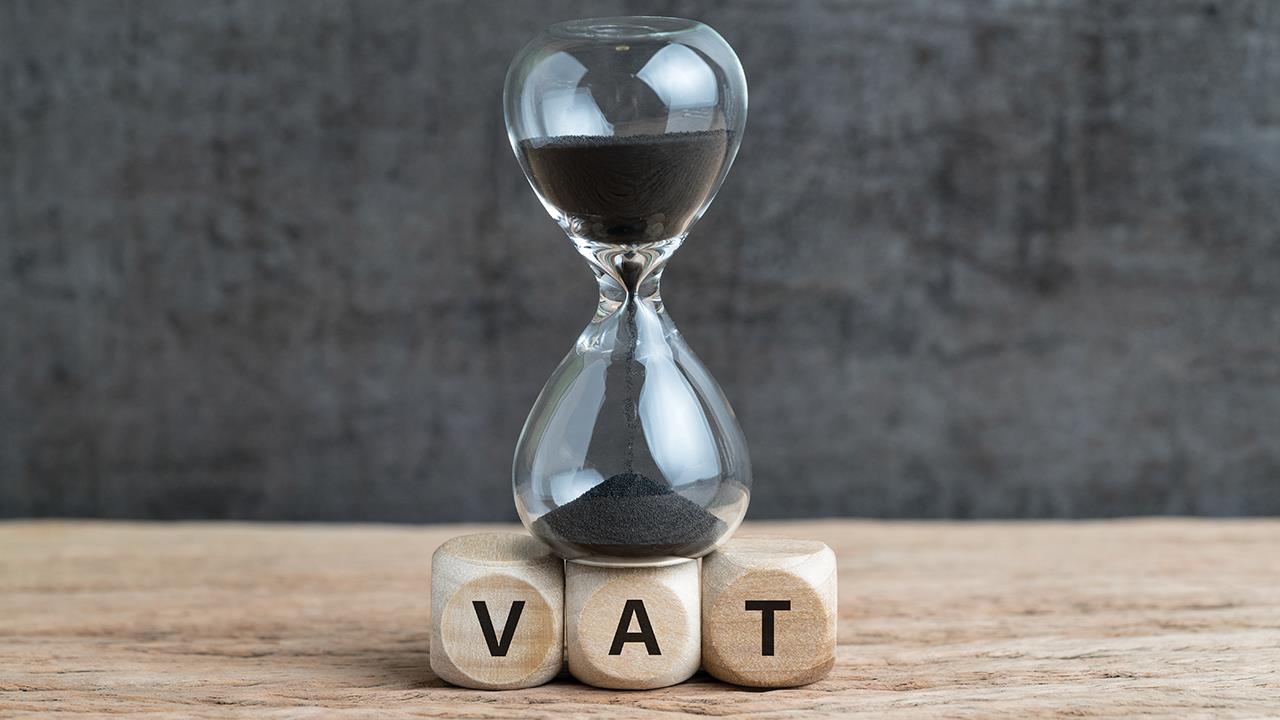

Making a VAT-related mistake can end up being costly – not only will HMRC expect any outstanding VAT to be paid, but it might also levy penalties and interest.
Below are five common VAT mistakes that could easily get your business into hot water.
Not registering
A fundamental, but common, error is not registering for VAT when required to.
Very broadly, a UK-based business is required to register for VAT if the total VAT taxable turnover in the last 12 months was over the VAT registration threshold (currently £85,000); or is expected to go over the threshold in the next 30 days.
The first ‘backwards looking’ test has to be considered at the end of every month.
The second ‘forward looking’ test has to be considered every day and is worth keeping in mind if, for example, the business receives a particularly large order or contract.
Once either of the tests is met, the business needs to register for VAT with HMRC within 30 days. If it registers late, HMRC will not only ask the business to pay VAT on any sales made since the date it was supposed to be registered, but can also charge a penalty of up to 100% of the unpaid VAT.
Claiming without a valid invoice
Generally, a business can’t reclaim any VAT it has paid unless it can provide a valid VAT invoice. This needs to contain specific information, including the amount and rate of VAT charged and the VAT registration number of the supplier.
Importantly, it can’t claim VAT back using an invalid invoice, a pro-forma, or a delivery note. It’s therefore important to check that the right kinds of invoices are received from suppliers.
Reclaiming more than the business is entitled to
A common error made by VAT registered businesses is to assume that they can reclaim VAT on all of their expenses. However, some expenses won’t have VAT charged in the first place because they are zero-rated or exempt. Common examples include insurance, and bus and train travel. There are also special rules that block the business claiming VAT back on certain expenses – for example it can’t claim VAT incurred on entertaining clients.
One area where there are lots of special rules is motoring expenses. As a general rule, unlike on a van, a business can’t claim VAT back when it buys a car (unless it bought the car to sell on or hire out as part of the business, is a taxi driver or driving instructor, or can prove that the car is never available to employees or anyone else for private use).
If instead of buying a car it is leased, then generally only 50% of the VAT charged on the lease payments can be recovered. Recovering VAT on petrol or diesel is also tricky – broadly the business can either choose to only claim the VAT back on fuel used for business miles, or it can claim all the VAT back and pay a fuel scale charge to account for any private use.
And where the business is a sole trader or partnership, it also needs to watch out for the rules on personal use. If an expense has both business and personal use, it can only claim the VAT on the business element. For example, if there is a mobile phone where a quarter of the calls are personal, it can only reclaim the VAT on 75% of the costs associated with that phone.
Missing bad debt claims
If a business has supplied a customer with goods or services and they haven’t paid, the business may be able to claim the VAT back from HMRC. It must have already paid the VAT over to HMRC and written the debt off in its books – if there’s a good chance that the business might still be paid, it is unlikely to be able to get relief. The debt also has to have been unpaid for at least six months.
However, it is easy to miss that these rules cut both ways – if the business has purchased goods or services and not paid the supplier six months after the due date, HMRC will expect the repayment of any VAT recovered on that purchase. Failure to do so could result in interest and penalties.
Keep track of points and payments
In January 2023, the previous ‘default surcharge’ regime that applied to late VAT return filing and late payment of VAT was replaced by a new penalty system.
Broadly, under the new late filing penalty regime, a business will get a penalty point each time it files a VAT return late. Once the points reach a certain threshold, a £200 penalty will be charged. Each subsequent late submission will also incur a further penalty, until the points expire following a period of good behaviour.
Unlike under default surcharge, a business can now receive a late filing penalty even if it usually files nil returns, or claims a repayment of VAT.
It’s therefore important to keep track of any penalty points to make sure the business doesn’t end up with a penalty.
Summary
VAT is a quagmire ready to swallow up all who come across it. With so many quirks and foibles, it’s important to take good advice; even those who consider themselves au fait with VAT can make mistakes that are expensive to resolve.
If you'd like to keep up-to-date with the latest developments in the heating and plumbing industry, why not subscribe to our weekly newsletters? Just click the button below and you can ensure all the latest industry news and new product information lands in your inbox every week.